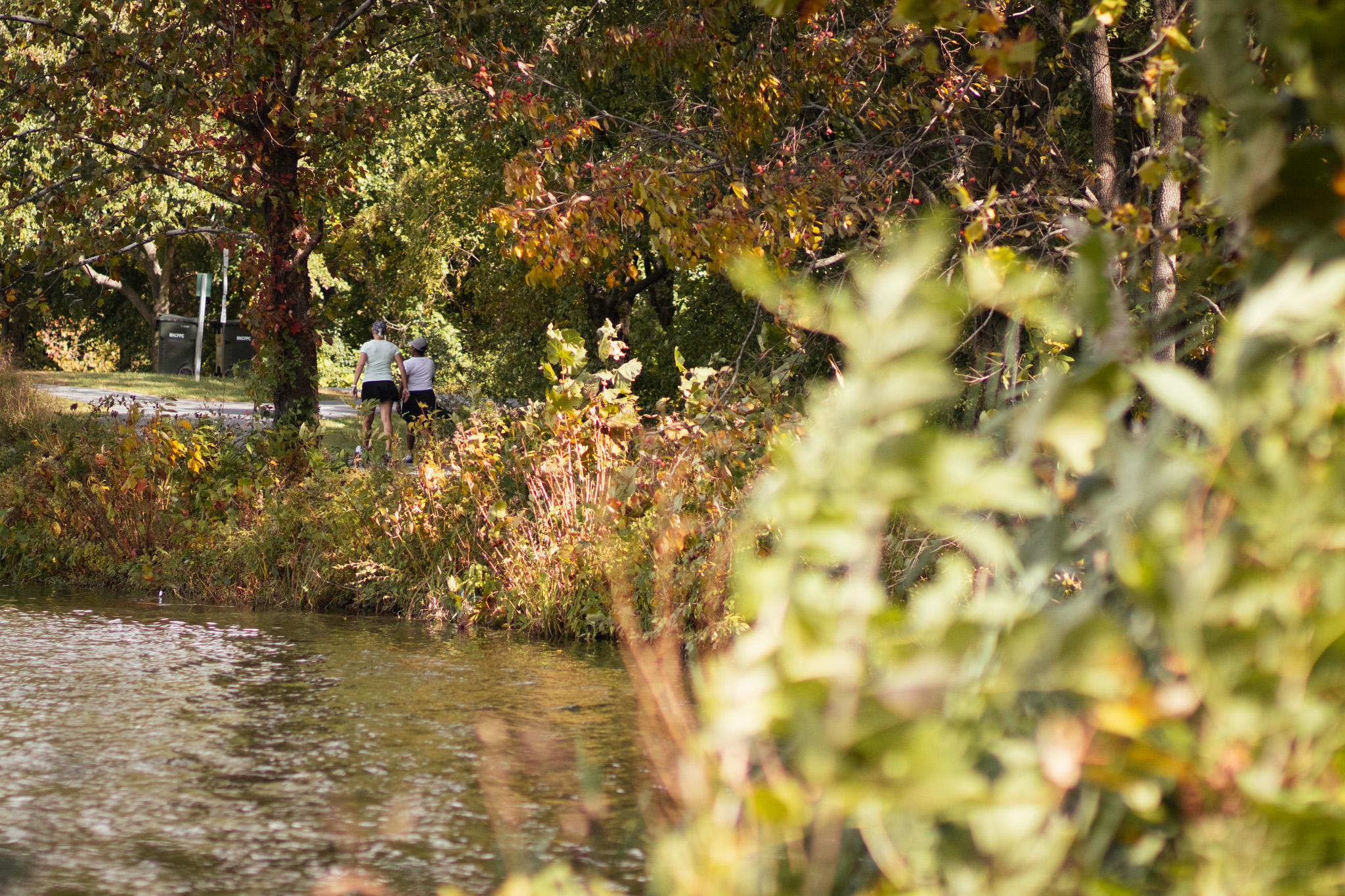By Brandon Kim
For The Diamondback
University of Maryland students discussed the intersection between environmental policy and politics ahead of the November election in a discussion Wednesday at Tawes Hall.
The event was sponsored by BridgeUMD, a student organization that works to foster productive dialogue about government and politics, along with the Honors College, College Park Scholars and Carillon Communities. It aimed to encourage students to raise their voices in a non-partisan, inclusive setting.
The discussion was part of this university’s three-part “Election Dialogues” series and emphasized the upcoming election’s importance for environmental policy.
During the event, many students highlighted how environmental regulations are often overshadowed by other political issues.
Anika Darbari, BridgeUMD’s external affairs and communication vice president, said this election has brought on feelings of repetition and hopelessness.
“I feel like there’s just generally a lot of, like, fatigue around the conversation [on] climate change,” the junior neuroscience major said.
[Environmental justice activists gather in College Park for 10th annual symposium]
Kashish Patel, a sophomore computer science major, told The Diamondback that discussions like these help her understand the importance of elections in shaping what the world looks like 50 years from now.
“We have to really see who we’re electing,” said Patel. “How they’re going to help us for the future.”
Environmental justice, including inequities among low-income communities, was also a key concern for several students Wednesday.
Some referenced Louisiana’s “Cancer Alley” as an example of environmental inequities that disproportionately affect low-income Black communities.
Cancer Alley refers to an 85-mile stretch of land along the Mississippi River situated near about 200 fossil fuel and petrochemical operations that has “devastated the health, lives, and environment of residents,” according to a January Human Rights Watch report.
The report said cancer, respiratory illnesses and adverse birth outcomes are prevalent in the region, which has been neglected by Louisiana regulatory authorities. These health concerns disproportionately impact Black residents, according to the report.
[UMD event discusses building partnerships to address climate change]
Manu Meel, CEO of BridgeUSA, the parent organization of BridgeUMD, also attended Wednesday’s discussion.
Meel, who started BridgeUSA as a means of “bridging” the gap in political division among youth, said in the discussion that some people in younger generations do not see environmental regulation as a relevant issue.
Sophomore public policy major and president of this university’s BridgeUSA chapter Calvin Chrisfield tried to spark some hope among the group.
A window will open where students and activism will lead to policy change, he said.



